Paying for care at home

Help with the cost of care
If you need care, we will do your financial assessment. This is to look at your savings, income and expenses, so we can work out how much you need to pay.
If you have:
- more than £23,250 in savings, you will need to pay the full cost of your care
- between £14,250 and £23,250 in savings, you will need to pay a part of your care cost
- less than £14,250 in savings, you may need to pay a part of your care cost based on your income and financial assessment
Ask for help as soon as possible. We can backdate any payments to the day you asked for help.
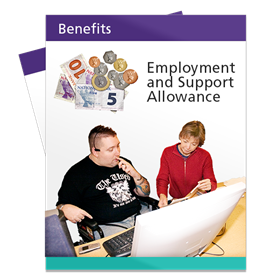
Benefits
We will check that you get all the money you are entitled to. This help is free and confidential.
We will:
- do an assessment for you on the phone
- visit you at home if necessary
- help you to apply for benefits
- help you to challenge benefit decisions

Contact Welfare Benefits Team
You must tell us as soon as possible if you get any extra money or your income changes.
Our Adult Access Team can help you on 01305 221 016.
And the Citizens Advice Bureau can also help you to apply for benefits.
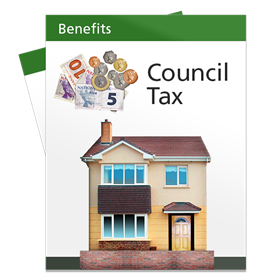
Discounts
Some bills are cheaper if you receive certain benefits. For example:
- Council Tax - if you are a carer, have a disability, or a mental illness
- Wessex Water - if you get Pension Credit
- Home fuel and energy bills - with a surviving winter grant
- NHS dental bills, prescriptions, eye tests and glasses - if you are on a low income
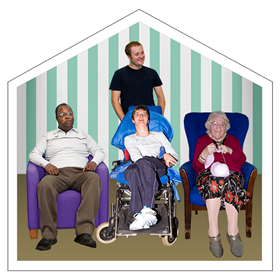
If your care is funded by Dorset Council
If you move into a care home and your care is funded by Dorset Council, the following benefits will stop, after 28 days of your move:
- Attendance Allowance (AA)
- Disability Living Allowance: Care component (DLA)
- Personal Independence Payment (PIP)
These benefits also stop 28 days after you are admitted to the hospital.
You must tell the Department for Work and Pensions if you are admitted to a hospital or a care home, and you receive one of these benefits.
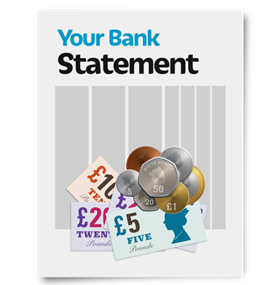
Your financial assessment: Step 1
We will ask about your money. For example:
- bank accounts
- Post Office card account
- house
- stocks and shares
- life assurance bonds
- premium bonds
- cash
You will need to give evidence, for example, bank statements, savings passbooks, or property deeds.
Do not give away your money whilst you get help with your care from the council. This money may still be included in the assessment.
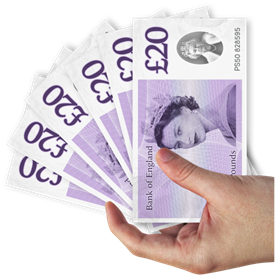
Your financial assessment: Step 2
We will ask about the money you receive:
- pension
- benefits
- earnings
- any other money you receive
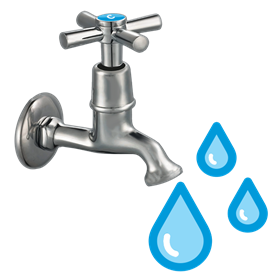
Your financial assessment: Step 3
We will ask about the cost of running your home:
- mortgage and rent
- Council Tax
- service charges
- gas, electric, fuel and water charges
You will need to give statements or bills to prove that you spend this money.
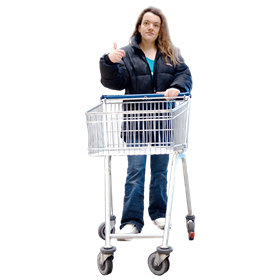
Your financial assessment: Step 4
We will ask about disability-related expenditure.
This is the money you spend because of your disabilities. This could be:
- help with cleaning and shopping, for example, your disability means that you cannot do it yourself
- clothing, for example, your clothes wear out more quickly because of your disability
- food costs, for example, you have a health condition that means you need to spend more money on food
- equipment, for example, you need alarms to keep you safe or equipment to make your home accessible
You will need to give your receipts. You will also need to provide evidence that you have to spend this money because of your disability, such as a letter from your GP.
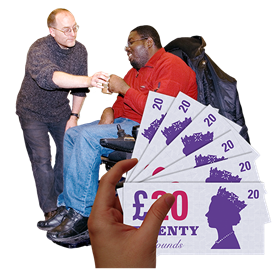
After the financial assessment
Your contribution
We will use information about your income and your expenses to work out how much you will pay towards your care.
If you are living in a care home, the calculation will be different.
We will write to you within 5 working days to tell you the amount that you need to pay for your care.
If you think we have made a mistake, you can write to the financial assessment team, within 28 days.

If your life changes
Tell the financial assessment team about changes that could affect your contribution. For example:
- changes to your benefits
- new benefits
- house move
- bereavement, separation, or divorce
- marriage or civil partnership
- getting an inheritance

If you are using your home to pay for care
If you are using your home to pay for your care, you can read the information on the deferred payment agreement.

If your care home costs more money than the council can pay
If you are going to a care home that costs more money than the council will pay, then you can use top-up and third-party contribution.
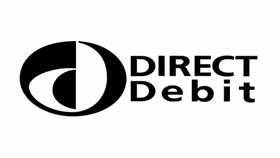
Pay for your care
Dorset Council will send you invoices by post, every 4 weeks.
An invoice is like a bill. This is to tell you to pay your contribution towards your care. It is not the full cost of your care.
If you only get a direct payment, you will not be sent invoices. Read more information on direct payments.
You can pay by Direct Debit. This option is good because it sets up debit dates automatically, so you do not need to remember to pay.

Other ways to pay for care
- Pay online
- Phone on 0300 330 1373
- At the bank - take your invoice to the bank
- Bank transfer - sort code: 60-07- 01, account number: 59190019
- Cheque to Dorset Council - write your reference number on the back and send the cheque with the invoice to Corporate Services, County Hall, Colliton Park, Dorchester, DT1 1XJ
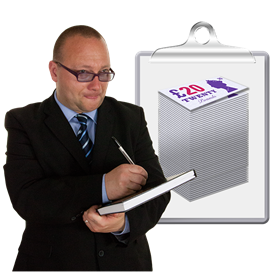
Reviewing your finances
We can do a full review of your finances at any time, but no more than 4 times in one year.
Most reviews are done by phone or post.

Contact Financial Assessment Team
Phone: 01305 228762
We are open:
- Monday to Thursday: 9am to 5pm
- Friday: 9am to 4pm
